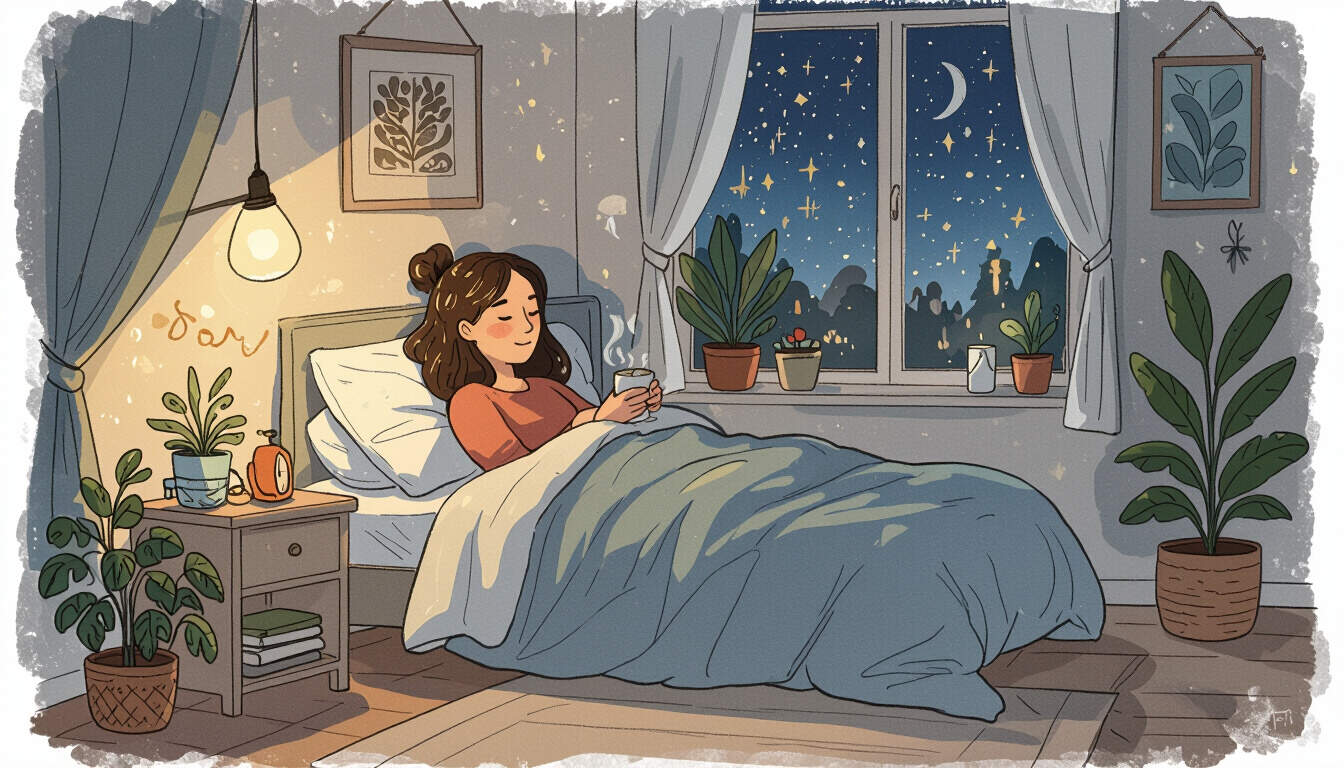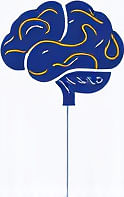Bedtime Routines for Adults with ADHD in Remote Work
 by Shanie Goodwin
by Shanie Goodwin
Explore practical strategies for creating effective bedtime routines that support adults with ADHD in remote settings. These tips help improve sleep, boost daily focus, and enhance work-life balance for better overall well-being.

Remote work offers flexibility, but for adults with ADHD, maintaining a healthy routine can be tough. Establishing solid bedtime practices is essential for managing symptoms and ensuring productivity the next day.
The Connection Between ADHD and Sleep
Sleep issues often affect people with ADHD, making it hard to wind down at night. This can lead to fatigue that spills into work hours, impacting concentration and task completion. For instance, irregular sleep might worsen forgetfulness or impulsivity during remote tasks. ADHD symptoms like racing thoughts can make bedtime a challenge, disrupting the ability to relax and prepare for rest.
In remote environments, without a clear office schedule, days can blur together. This lack of structure might exacerbate sleep problems, as boundaries between work and home life fade. Creating a bedtime routine helps restore balance, allowing for clearer focus and energy during work periods.
Building a Bedtime Routine
A simple, consistent bedtime routine can make a big difference. Start by setting a fixed bedtime and wake-up time, even on weekends. This regularity helps regulate the body's internal clock, reducing the variability that often troubles those with ADHD.
One effective approach is to create a pre-bed checklist. This might include activities like dimming lights an hour before sleep to signal the body it's time to wind down. Avoiding screens is key, as blue light from devices can interfere with melatonin production. Instead, opt for reading a book or listening to calming audio.
Physical activity earlier in the day can also aid sleep. For adults with ADHD, incorporating movement like a short walk or stretching session in the afternoon promotes better rest at night. These habits build a foundation for improved work performance by ensuring mornings start refreshed.
Practical Hacks for Remote Workers
Adapting routines to a home office setup requires creativity. Use timers or apps to remind you when it's time to stop working and begin unwinding. This prevents work from extending late into the evening, which is common in remote settings.
Another hack involves minimizing distractions in the bedroom. Keep the sleep space free from work-related items, such as laptops or phones, to create a mental separation. For those with ADHD, this physical boundary can reduce the urge to check emails at odd hours. routines like this help maintain a healthier work-life divide.
Consider incorporating relaxation techniques, such as deep breathing or mindfulness exercises. These methods calm the mind and ease the transition to sleep. For example, spending 10 minutes on guided breathing can quiet overactive thoughts, leading to quicker rest.
Nutrition plays a role too. Avoid caffeine or heavy meals close to bedtime, as they can disrupt sleep patterns. Opt for light snacks if needed, and stay hydrated throughout the day to prevent nighttime awakenings. These adjustments support sustained energy for remote tasks.
Overcoming Common Obstacles
It's normal to face hurdles when starting new habits. Procrastination might occur, or unexpected events could throw off the plan. In these cases, flexibility is important—adjust the routine as needed without abandoning it entirely. Tracking progress in a journal can provide motivation and highlight what's working.
For adults with ADHD, partnering with a support system can be invaluable. Share your routine with a colleague or family member for accountability. This shared approach fosters a sense of community, reminding you that you're not alone in these efforts.
In remote work, where isolation can intensify challenges, connecting with others who understand ADHD experiences offers extra encouragement. Simple check-ins can reinforce the value of consistent bedtime practices.
The Benefits for Work-Life Balance
Implementing these routines leads to noticeable improvements. Better sleep enhances focus, making it easier to handle remote work demands like virtual meetings or independent projects. This, in turn, reduces stress and promotes a more enjoyable work experience.
Over time, these changes contribute to overall well-being. With improved rest, adults with ADHD may find it simpler to manage daily responsibilities, leading to greater job satisfaction and personal fulfillment. Remember, small, steady steps can create lasting positive effects.
By prioritizing bedtime practices, you're investing in your ability to thrive in a remote setting. These strategies not only address immediate sleep needs but also build resilience for long-term success.
